Ashley B.
Content Writer (Hi! I’m Ashley, a Linux Administrator with a passion for making Linux simpler and more accessible for beginners. Since 2021, I’ve been writing friendly, practical guides at OperaVPS to help users install software, use the command line, and get comfortable with their VPS. Linux doesn’t have to be intimidating. and I’m here to show that anyone can learn it with the right support and a little curiosity.
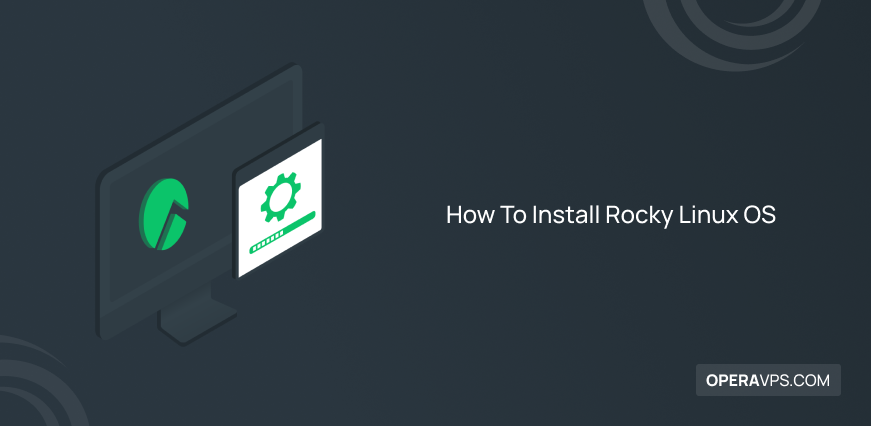
How To Install Rocky Linux OS
Installing the Rocky Linux operating system can also be a good option for Linux lovers and provide acceptable output to the audience; Linux operating systems are usually more secure than Windows operating systems; Most new Linux users typically do not have a user experience in the Linux environment; Therefore, the installation method of Linux operating […]

How to Secure Windows Server?
To secure Windows Server is to protect its core infrastructure from exploits, data loss, and downtime, risks that affect both physical deployments and virtualized environments. Whether managing an on-premise system or operating a Windows VPS, hardening is critical. From regular patching and access control to encryption and advanced firewall configuration, this guide offers 10 essential […]

Key VPS Use Cases for Maximizing Efficiency
A VPS (Virtual Private Server) offers a flexible and affordable solution for businesses and individuals seeking dedicated resources within a shared environment. It delivers enhanced performance, security, and full control, without the high cost of a dedicated server. Whether you need reliable VPS hosting for websites, game servers, or data storage, it’s an ideal choice. […]
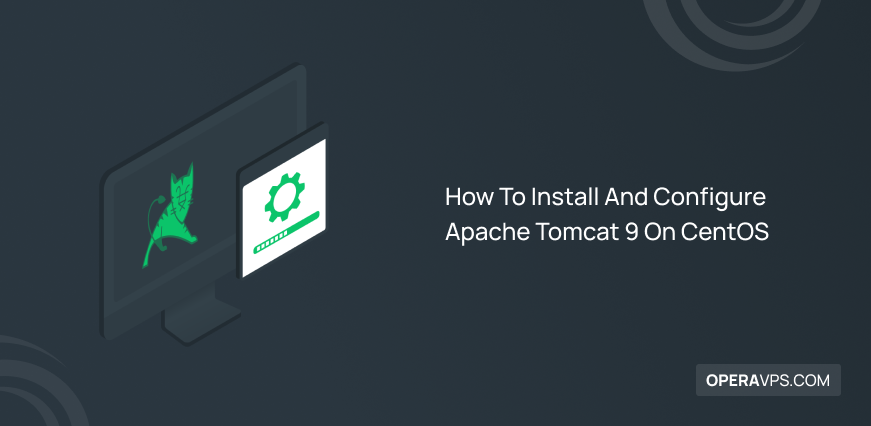
How To Install And Configure Apache Tomcat 9 On CentOS
Apache Tomcat (formerly known as Jakarta Tomcat) is an open-source web server developed by Apache to provide a Java HTTP server that allows you to easily run Java files. This means that Tomcat is not a normal server similar to Apache or Nginx since its main purpose is to provide a good web environment for […]

Creating a New User in Ubuntu
Creating a new user in Ubuntu is an essential step for managing server environments efficiently, especially when you’re setting up a VPS. It ensures better control over who has access to your system and what they can do. There are two main methods for this process: CLI Method: The CLI method offers more precision and […]
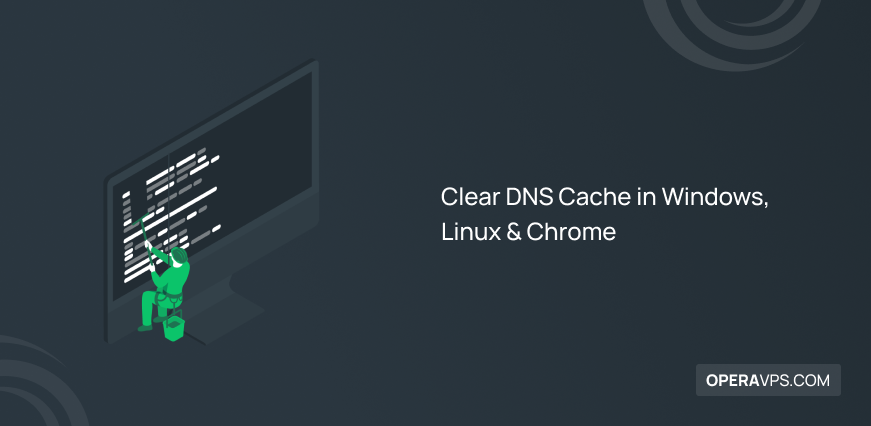
How to Clear DNS Cache on Windows Linux and Chrome
Clearing DNS cache removes stored domain-to-IP mappings on Windows Linux and Chrome improving connection accuracy and resolving browsing errors. Use command line tools or browser settings to flush outdated DNS data effectively. 🤖AI Overview: Clear DNS Cache involves removing stored DNS lookup data to ensure websites load current information. This process is essential for fixing […]

sudo apt update not working
When sudo apt update not working, it usually points to broken sources, missing GPG keys, or unreachable repositories. The system fails to fetch package lists, blocking upgrades. To fix Ubuntu update error, check source URLs, re-add keys, update DNS, or clean cache. In most cases, running sudo apt update after these steps restores normal update […]

Best RDP Client for Linux
An RDP Client for Linux allows users to remotely connect to other desktops or servers using Microsoft’s Remote Desktop Protocol. It’s essential for developers, system admins, and remote workers who need secure, GUI-based access from Linux even over limited bandwidth. While troubleshooting servers or running remote apps, the Linux RDP client handles it all. Choosing […]
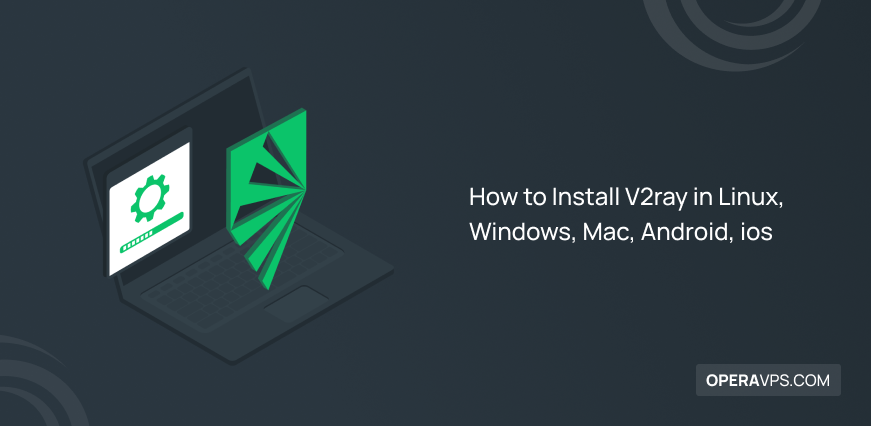
How to Install V2ray on Linux, Windows, Mac, Android, iOS
As an open-source network tool, V2Ray VPN helps increase online security over the Internet. V2Ray supports operating systems such as Linux, Windows, Mac, Android, and iOS. V2Ray installation is the same on the server and the client, but usually the VPS uses Linux and the PC uses Windows. Install V2Ray and configure it on all […]

apt Command Not Found: Fix 404 Not Found Ubuntu
When encountering the apt Command Not Found error, it signifies a serious issue with your package manager, often due to missing binaries, outdated sources, or repository misconfiguration. This problem can severely hinder system updates and security patching, jeopardizing system stability. Resolving these issues is crucial for maintaining a secure, up-to-date system. Quick fixes include correcting […]

How to Check If a Package is Installed in Linux
Understanding and managing installed packages is essential for maintaining a secure and efficient Linux system. Installed packages refer to the software applications and system components added to your Linux environment via package managers. By regularly checking if a package is installed in Linux, you can ensure your system remains optimized and free from outdated or […]
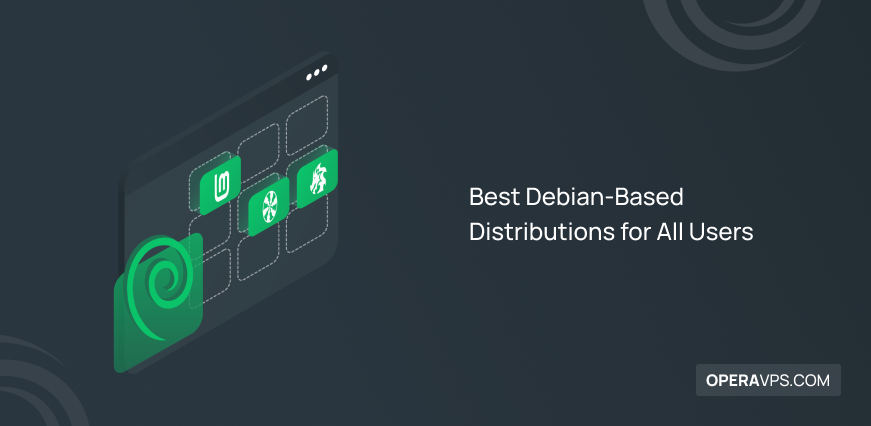
12 Best Debian Based Linux Distributions
When choosing a Linux Debian based distro for personal or professional use, it’s essential to consider factors like stability, security, and resource efficiency, especially for Linux VPS hosting. Whether you are setting up a secure server or a reliable desktop environment, these Debian based distros offer the flexibility and performance needed for various use cases. […]
